#gaulish gods
Text
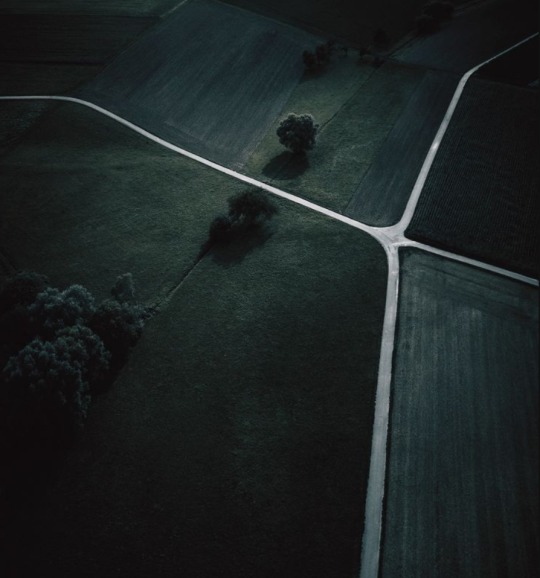

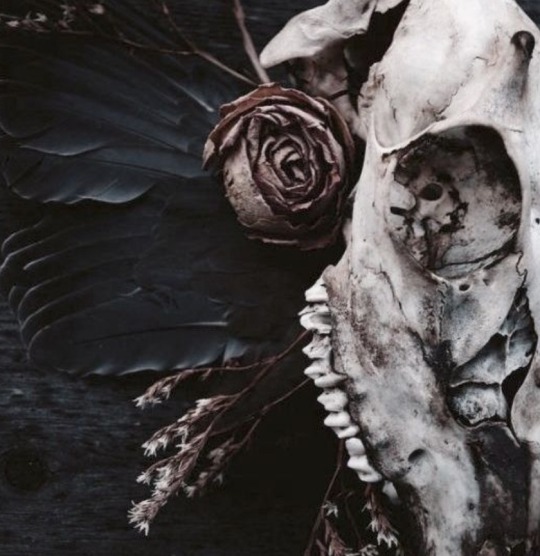
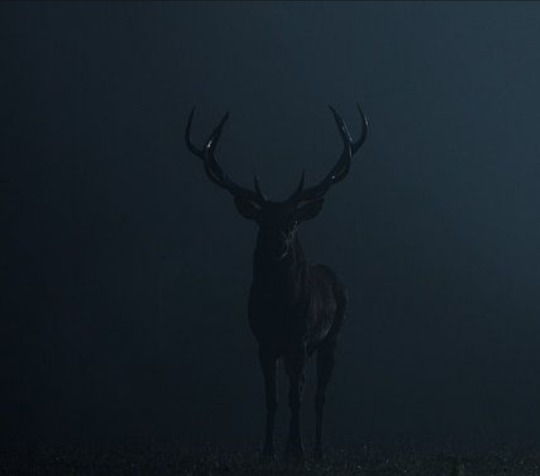

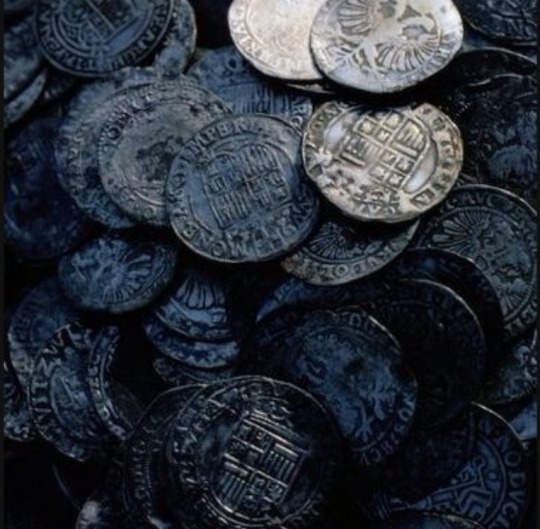
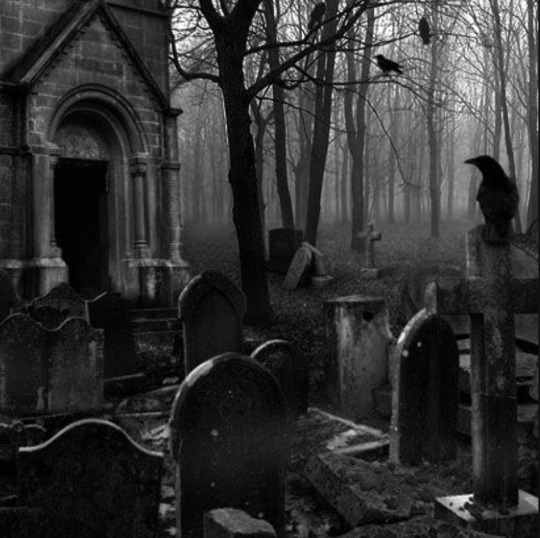

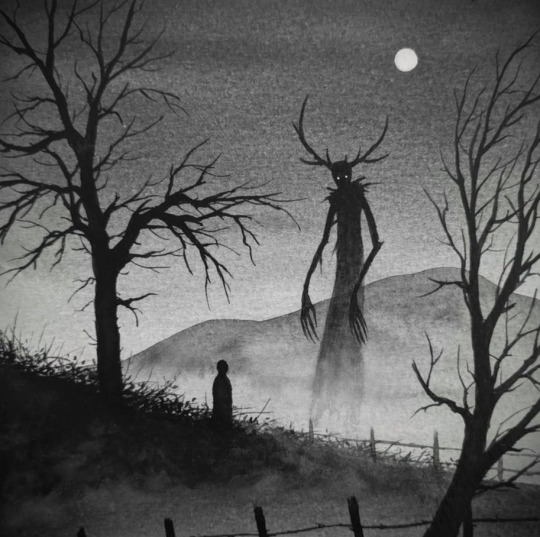
Cernunnos
Gaulish God of liminality, crossroads, death, pastoral wealth, abundance, hunters, the hunted, the wild, and the tame.
#Cernunnos#Carnonos#Karnonos#gaulish gods#gaulish paganism#gualish polytheism#gallo roman paganism#gallic gods#celtic paganism#celtic pagan#celtic pantheon#pagan#deities#polytheism#polytheist#deity#paganism#devotional moodboard#deity moodboard#the horned god#the horned one#wicca#wiccan#paganblr#chthonic#chthonic gods#godspouse#moodboard
30 notes
·
View notes
Text
"Sirona Ryan"
I normally would not stoop to mentioning such a disreputable person as J.K. Rowling, but unfortunately she seems to be invoking the names of Gaulish Gods now, as part of her fanatical bigot campaign:
Hogwarts Legacy has reportedly introduced a trans woman character named Sirona Ryan.
#Sirona is in fact a Gaulish Goddess associated with thermal baths and healing. Her name means something like "Divine Star," and was also spelled Đirona, Θirona, or Serona.
She was often worshipped alongside #Apollo ~ #Grannos, Solar Gods Who were also of healing and thermal baths.
Her iconography was represented by Roman artists as #Hygeia, a Greek Goddess of health and hygiene.
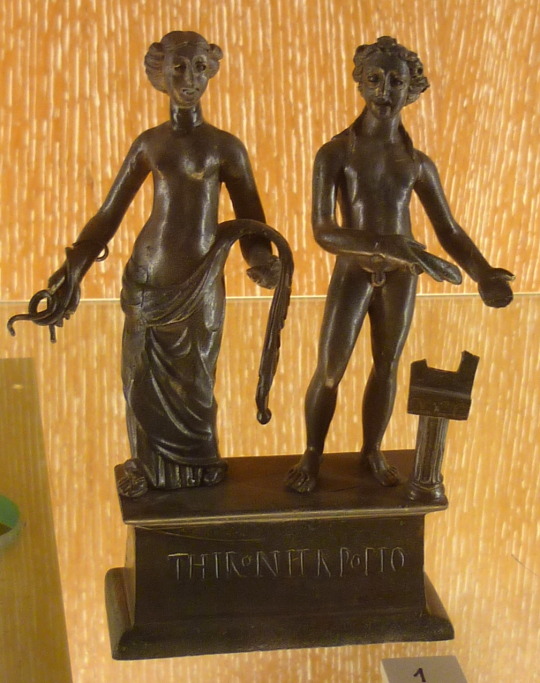
It was probably not uncommon for both girls and boys to be named after Sirona in antiquity. We have records of widespread personal names like:
Sironis, Siranius, Serana, Seranus, Serania, Serandus, etc.
(Note that spelling differences could arise from linguistic changes or dialectal variants).
But of course, we know that Hogwarts Legacy is not making such an innocent callback to ancient Gallo-Roman culture...
It's obvious, given Rowling's penchant for naming characters with ham-fisted puns, that she intended "Sirona Ryan" as a cryptic, backhanded way to misgender a trans woman (first, for Sirona sounding like "sir", second for the surname sounding like a man's name).
This is an extremely cynical way to troll the trans-rights boycott of her video game. I'm sure we'll never hear the end of people claiming Rowling and Hogwarts Legacy are really inclusive now, since they "even have a trans character."
It disgusts me even more that she chose to sully the name of our glorious Goddess for this despicable act.
#gaulish#gaulish gods#gaulish polytheism#sirona#polytheism#paganism#jk rowling#harry potter#sirona ryan#transphobia#hogwarts legacy#misgendering
76 notes
·
View notes
Text
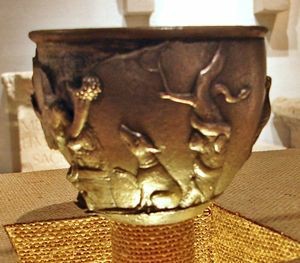

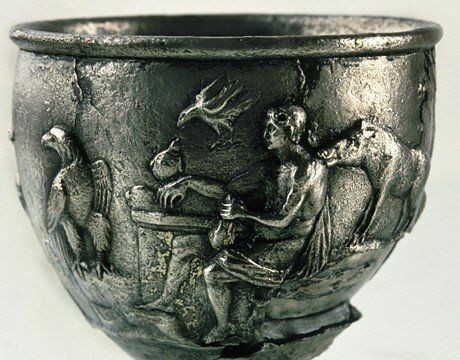
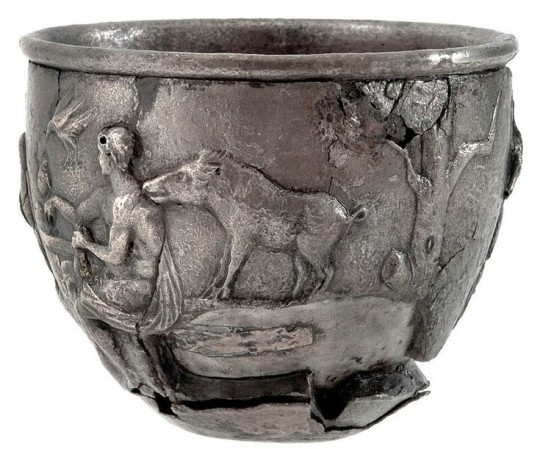
Gaulish Goblet from Lyon.
"This goblet seems to have been chiselled in Lyon, Lugdunum in the second half of the 1st century AD. J.-C., by a goldsmith who freely dealt with themes of indigenous and local religion according to the traditions of Greco-Roman art » © Jean-Michel Degueule, Christian Thioc/Lugdunum.
There are figures of Lugh (Mercury), a snake on a tree where mistletoe grows, an eagle (symbol of Jupiter), a crow flying above a table
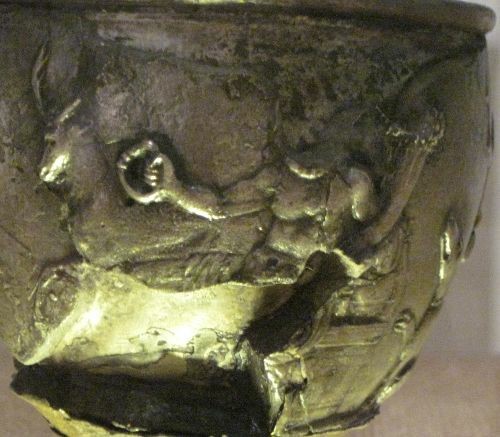
And the scene here. A male figure, reclining on a bed, holds a cornucopia in one hand and a torc in the other, while wearing a torc around his neck. He is flanked by a deer and a dog. No doubt a classicized version of Cernunnos, had he kept his own antlers? The damage that the goblet suffered makes it impossible for us to know.(Museum of Gallo-Roman civilization, Lyon)
#gaulish artefact#gaulish gods#gaulish goblet#lugdunum#france#art#celtic art#druidic#druidry#hedge druid#cernnunos#kernunnos#boar#stag#crow#dog#eagle#snake#cornucopia#torc#horned one#horned god#mercure#lugh#mistletoe#mercury#celtic gods#celtic
243 notes
·
View notes
Text
Thunder-fertility-protection-death god with a hammer that isn't Thor?! Count me in!
#north sea poet#brittonic polytheism#britpol#gaulish polytheism#gaulpol#brittonic gods#gaulish gods#Sucelus#Sucellus#druidry
7 notes
·
View notes
Text

Artio, the celtic bear goddess. Available as print.
She was worshipped by the Helvetii and Treveri, borth germanic tribes.
Proof of her worship has been found in a gorge in Weilerbach, Germany in form of an inscription ("Artioni Biber") and in Bern, Switzerland where archeologists found a small bronze sculpture of her. That sculpture was the inspiration for my own interpretation
❖ Etsy Shop
❖ Instagram
❖ Facebook
#celtic#celtic goddess#pagan community#celtic wicca#pagan witch#paganism#paganart#modern paganism#european mythology#goddess#witch#celtic folklore#celtic paganism#germanic#germania#gaulish pagan#gaulish gods#celtic mythology#gaulish polytheism#celtic polytheism#bear#artio#pagan women#pagan
27 notes
·
View notes
Text
Given some people have shown interest in my few mentions here and there of the gods of Gaul - I thought why not make in-depth posts about them, explaining a bit better what your deal is? There's a lot of people who like to just say everything and anything about them - precisely because of a mix of lack of information, typical Internet simplification, and also the Wiccan deities kind of are the iron bar that lodged itself in the gears, since Cernunnos is not the same thing as the Horned God of Wicca despite people believing it is...
Anyway I'll probably start some posts for the mythology of Gaul! Woohoo!
4 notes
·
View notes
Text
there's something so beautiful and so tragic about crying out to the gods and any gods that would help, because you're own kind failed you, and yet, those deity's have more humanity then people, so they help you when others wont
#paganism#satan#satanism#theistic satanism#religion#norse mythology#ave satanas#theistic satanist#fenrir#devil#hellenic paganism#hellenism#gaulish pagan#gaulish paganism#gaulish#norse gods#norse heathen#celtic polytheism#celtic paganism#celtic witchcraft#celtic mythology#celtic
47 notes
·
View notes
Text
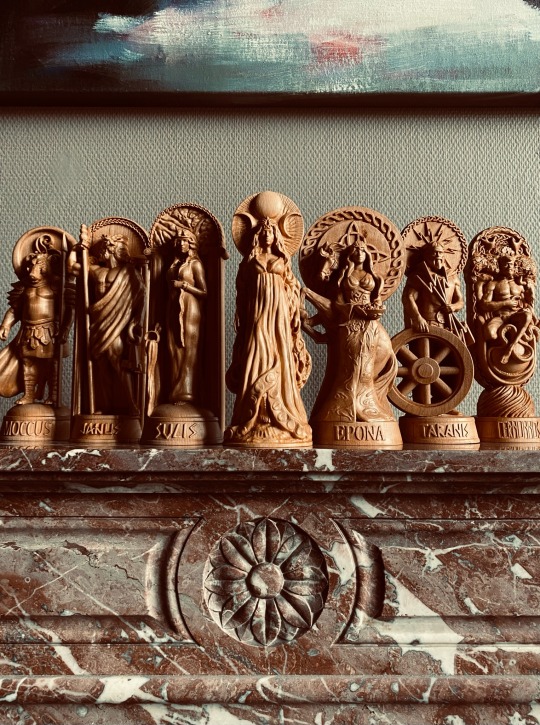
Credits to the wonderful people of NorthMyth on Etsy for their impeccable craftsmanship and speedy delivery. Support them, if you can. Ukrainian artists deserve our aid!
#statues#statuettes#woodcarving#woodcarvers#gods#pagan#pagan gods#gaulish pagan#roman gods#Gaulish#Roman#roman paganism#gaulish polytheism#roman polytheism#gallo roman#Gaul#Moccus#cernunnos#Epona#Sulis#Taranis#Janus#Ukrainian#ukrainian art#ukrainian artists#polytheism#paganism#Celtic#Celt paganism#celtic polytheism
140 notes
·
View notes
Text

Nuada
First king of the Gods
Drawing by Ire
#celtic#pagan#irish#celtic mythology#nuada#silver#art#drawing#god#pagan god#paganism#heathen#pagan art#gaul#gaulish
85 notes
·
View notes
Text
With all of the depictions of Cernunnos these days as this hulking, bearded, muscle-clad macho man who lives in the woods, it's very easy to forget that the single major depiction we have of him looks like this:

Image description begin: The engravings on the Gundestrup Cauldron, depicting a male-ish figure with noodle arms holding a torc in the right hand (image left) and a snake in the left hand (image right). There are deer of some kind on the left side of the image, and some strange dogs on the right side of the image. End image description.
I mean...

Image description begin: The same image, zoomed in to the face of the figure. The mouth is partially open, the eyes are looking slightly forward, and the nose is very flat. It overall looks very goofy. End image description.
#i love deer dad but let's not forget that the gundestrup cauldron exists#jasper post#shitpost#deity work#gaulish#gaulish paganism#gaulish polytheism#cernunnos#cernunnos god#cernunnos deity
170 notes
·
View notes
Note
Know any good sources on Celtic (specifically Gaulish practices)? I know it’s not your area, but you seem like someone who might know some people who dabble in that sort of stuff. The area I live in has some celtic archeological sites, but sadly not much is known about the local religion or culture. I am trying to put together a Romano-Celtic hearth cult, but it’s difficult finding practices and deities that feel right.
Gaul is a larger Celtic area of Western Europe (modern-day France and parts of modern-day Belgium, Germany, and Northern Italy). I say this because the Celts, when invaded by Rome, took in a lot of Roman religion including Hellenic and (rarely) Kemetic beliefs as well. When the Celts did this, so did the Gauls.
If it helps at all, the specifics you're looking into is called Gallo-Roman, which is part of the larger Romano-Celtic area.
This selective acculturation manifested in several ways. One of the main ways we see this is with the melding of Greco-Roman deities with Gaulish (Celtic) deities. Gaulish epithets for Roman gods (Jupiter Poeninus) and Roman epithets for Gaulish gods (Lenus Mars). Roman gods were given Gaulish god partners (Mercury and Rosmerta & Apollo and Sirona). Towards the east of the Gauls, many mysteries were formed, including one for the Greek hero Orpheus, the Iranian (or Persian) god Mithras, and the Egyptian goddess Isis. In other words, a whole lot of syncretism.
When it came to the Gauls (and the Celts overall) a main part of their belief system was the heavy use of animal imagery. More specifically, zoomorphic deities. However, we see a lot more human-looking representations of the gods because the Romans (and Greeks) weren't too keen on the idea (see Greco-Egyptian).
As for specifically Gallo-Roman hearth religious beliefs, the Lares (Lar singular) is a good place to start. They're the equivalent of Agathos Daimon in Greek religion (Hellenism). Essentially, they're personal household deities that are connected to the hearth.
A majority of the information we have about the Gaelic culture and the eventual melding of the Gallo-Roman culture stems from two sources: artifacts and Julius Ceasar, who wrote all about in what we now call the "Commentarii de Bello Gallico". The gods that he mentions the Gauls worship (like Jupiter, Mercury, Mars, and Minerva) aren't really the Roman gods that the Gauls are worshipping at that time but rather the closest thing Ceasar can connect. For example, Caesar may say that the Gauls worshipped Mars, when in reality they were worshipping Lenus, a healing god that quickly became associated with Mars because of Caesar and the Roman Empire. However, not all of them were caught. Gobannus is the most well-known example we have, with him being the equivalent to the Roman god Vulcan or the Greek god Hephaestus and yet Caesar makes no comment on the Gaulish god.
One other thing, the specific time we are taking a look at was prior to the overtaking by the Anglos, Saxons, and Jutes (aka pre-Anglo-Saxon times). Because of this, Germanic (Norse) gods weren't known to these people yet. Odin, Thor, and Freyja were unknown to them at this point in time.
Other than that, the last thing I can give to you are articles and books that I stumbled upon that may pique your interest. I do recommend a couple of Wikipedia links, but just know that I recommend using Wikipedia as a jumping-off point. Hope this helps! :^)
Becoming Roman: the origins of provincial civilization in Gaul -- Greg Woolf
https://archive.org/details/becomingromanori0000wool
The gods of the Celts -- Miranda Green
https://archive.org/details/godsofceltsar00mira
Gallo-Roman Religious Sculptures -- A.N. Newell
https://www.jstor.org/stable/640758
Fifth-Century Gaul: A Crisis of Identity? -- John Drinkwater & Elton Hugh
https://www.loc.gov/catdir/samples/cam031/91018375.pdf
Caesar's Commentaries on the Gallic War: literally translated -- Frederick Holland Dewey, A.B.
https://archive.org/details/caesarscommentar07caes
Category:Gaulish gods -- Wikipedia
https://en.wikipedia.org/wiki/Category:Gaulish_gods
Category:Gaulish goddesses -- Wikipedia
https://en.wikipedia.org/wiki/Category:Gaulish_goddesses
sources:
https://bmcr.brynmawr.edu/1999/1999.10.34/
http://www.deomercurio.be/en/dii.html
https://www.britannica.com/topic/Celtic-religion/The-Celtic-gods
https://en.wikipedia.org/wiki/Lares
https://www.britannica.com/topic/Lar-Roman-deities
https://en.wikipedia.org/wiki/Gallo-Roman_culture
https://en.wikipedia.org/wiki/Gallo-Roman_religion
#ask#witch#witchcraft#witchblr#pagan#celtic#gaulish#roman#celtic deities#celtic pantheon#gaulish deities#gaulish pantheon#roman pantheon#roman gods#ancient rome#gallo-roman#romano-britain#romano-celtic#hearth
36 notes
·
View notes
Text
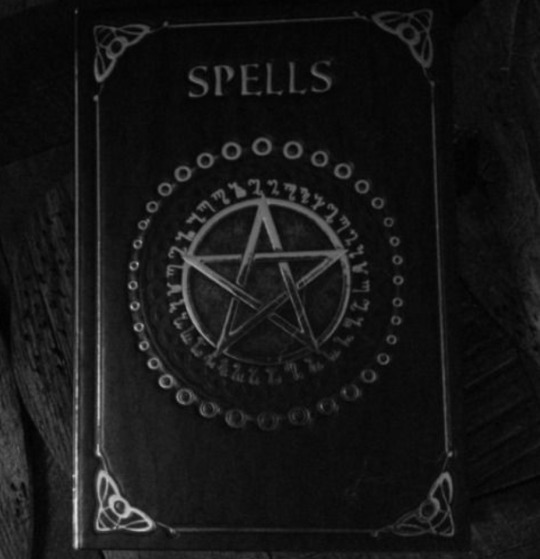
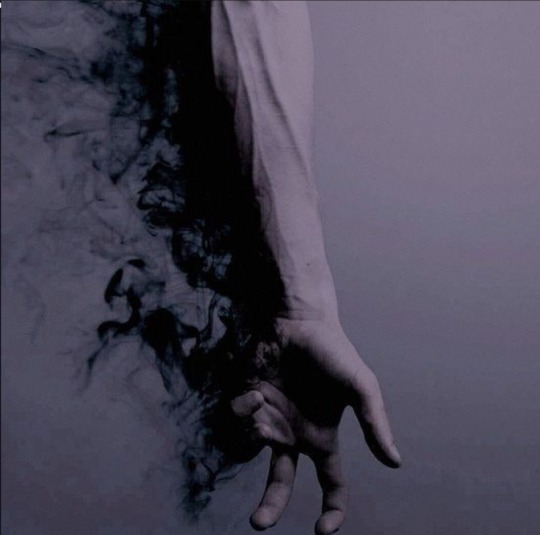
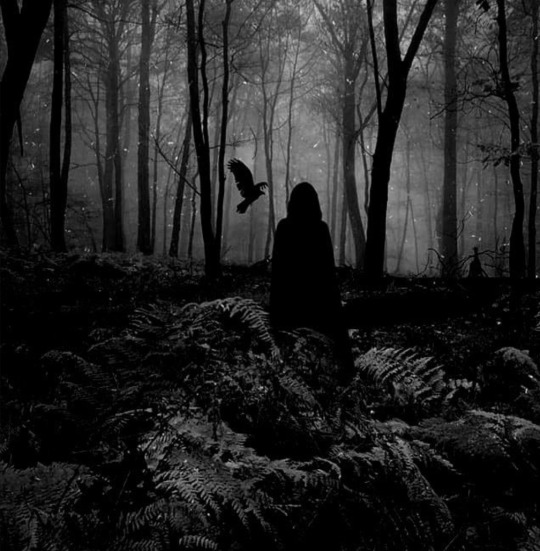
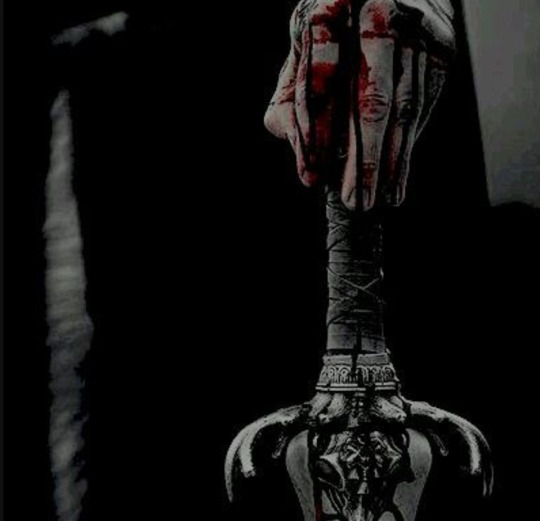
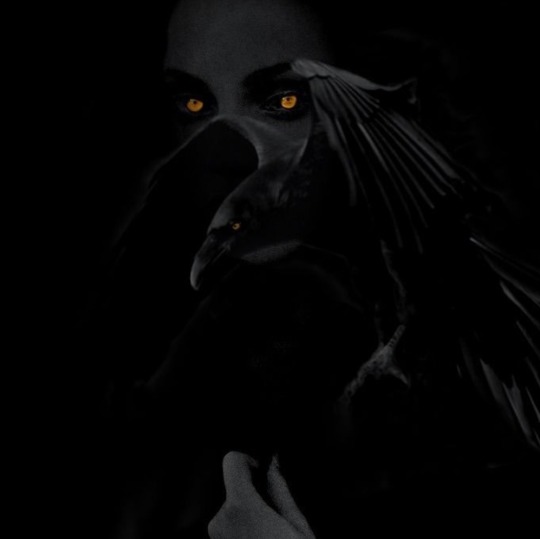
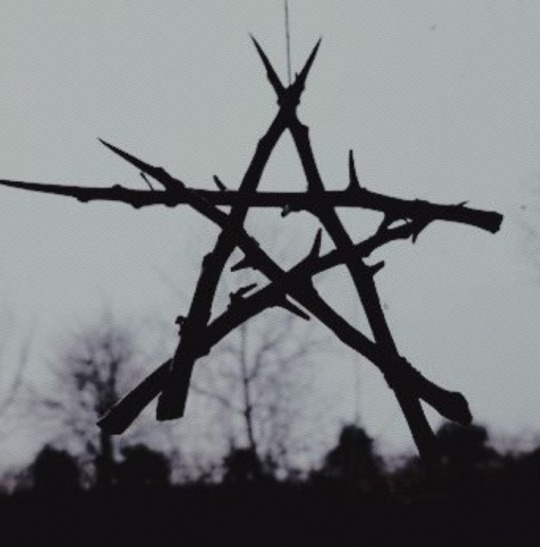
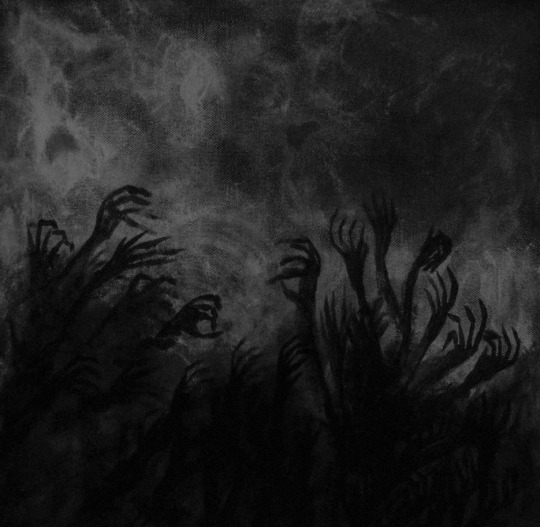
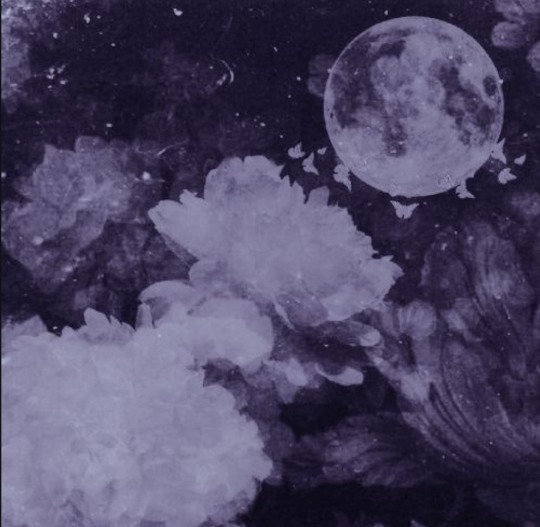

Adsaxsona (Weaver of Spells): Gaulish Goddesses of the Underworld, witches, magick, revenge, justice, and conflict.
#Adsaxsona#Adsagsona#gaulish goddesses#pagan#deities#polytheism#polytheist#deity#paganism#gaulish gods#gallic gods#gaulish paganism#gaulish deities#gaulish#Gaul#gallo roman#gallo roman paganism#celtic pagan#celtic paganism#celtic pantheon#celtic mythology#celtic#devotional moodboard#deity moodboard#moodboard#religio romana
7 notes
·
View notes
Text


The Reims Stela (Autel de Reims) is one of the more impressive and complete survivals of Cernunnos iconography.
Because the weathered stone is so dull, I've always wanted to see it restored to its former polychromy glory — so I experimented with some digital colorization!
#reims#cernunnos#polychromy#polytheism#paganism#gaulish#horned god#mercury#apollo#aedicula#pagan altar#gaulish polytheism#roman polytheism
11 notes
·
View notes
Text
To Apollon
Hail Apollo!
Beloved from Greece to Rome to Gaul,
And of Gaul I do Honor thee,
And all your faces!
Shining Belenus, the sun who shines upon my skin,
The healing Grannus, who tends to the sacred springs,
To Maponos, the beloved bard, and keeper of the autumnal sun.
O Apollon, Sanavolos I call thee,
When I see your raven, I see you,
When I feel the sun warming my flesh, I feel you,
Bearer of the light,
I adore thee!
10 notes
·
View notes
Text

Fantastic Cernunnos altar piece from Zagrava Workshop! There was a little wait, as Zagrava are based in Ukraine, but it was well worth it. Super pleased with how detailed the piece is. Check out their Etsy store:
38 notes
·
View notes
Text
Hilarious how I didn't read anything in Italian (my mother tongue) for like... 15 years or even longer, spiritually speaking, and then, Boom!
Etruscan and Gaulish (continental Celts if you like it more) Gods came through, making me grab a massive list of Italian titles to study.
Also, notice: do you know syncretism? Bwahahah! You fool, no you don't, until you get to know a bit of what we "suppose" was the Etruscan religion (No, I mean it, go look something about it, it's so fascinating, they, basically, had contacts with everyone around the Mediterranean and said, bro, nice practice you've got there, I will integrate it with my indigenous one, thanks!)
Another funny thing: I might, might not, still don't know, have ancestors in the region that I frequented since I was a child and visited a lot more than mine, almost, and in very English speaking parts of the world? (apparently it's possible that Canada, Wales and the Us have people with my same surname that could, and I stress again could be, my people!?) More researches are needed!
#funny things to start the year#family history#genealogy#etruscan polytheism#gaulish polytheism#continental celts#spirituality#personal practice#ramblings#the gods have a lot of humor#Italian polytheism#witchblr#witches of tumblr
3 notes
·
View notes